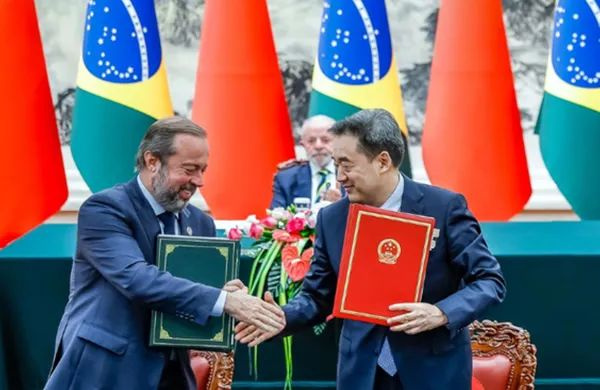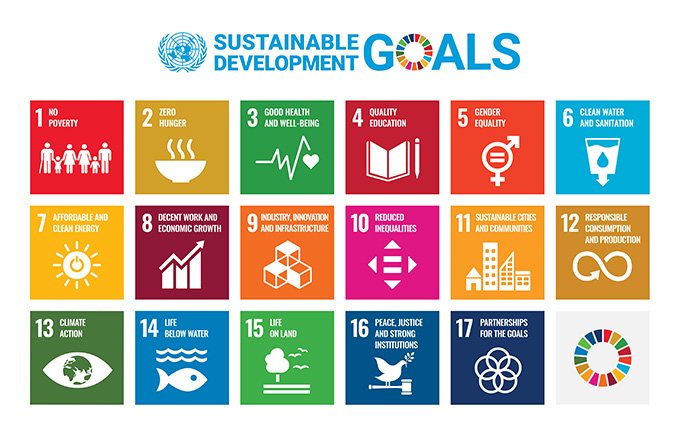According to Brazilian media reports, on May 13, 2025, a significant energy cooperation agreement was reached between China and Brazil—Brazil’s Minister of Energy, Alexandre Silveira, and China’s National Energy Administration (NEA) signed an ethanol cooperation agreement aimed at expanding Brazil’s ethanol exports to China. This agreement comes as China prepares to implement its E10 gasoline policy, which mandates a 10% blend of eco-friendly fuel in gasoline. Not only does this open a vast market for Brazilian ethanol in China, but it also injects new momentum into global energy transition efforts.

The Multidimensional Value of Strategic Cooperation
The signed Memorandum of Understanding (MoU) is far more than a trade agreement—it represents a crucial milestone in the two nations’ joint efforts to combat climate change and advance energy transition. This collaboration exemplifies perfect synergy: Brazil, as a global leader in ethanol and biofuel production, brings mature technology and extensive expertise, while China, one of the world’s largest energy consumers, is actively seeking effective pathways to reduce carbon emissions.
Data shows that in the first half of last year alone, Brazil’s ethanol exports to China reached $27 million. With China’s upcoming nationwide E10 policy, which requires a 10% blend of ethanol in gasoline, the prospects for Brazilian ethanol exports are set to expand significantly. A bilateral working group has been established to delve into the development and technological innovation of first- and second-generation ethanol, further deepening and broadening the cooperation.
Notably, this partnership extends well beyond traditional automotive fuel applications. According to the agreement, cooperation will expand into the production of sustainable aviation fuel (SAF), the development of marine fuel alternatives, and research into ethanol’s use as a raw material for bioplastics. This means ethanol’s applications as a renewable resource will diversify dramatically, offering innovative solutions for decarbonization across multiple industries.
Additionally, Brazil’s Minister of Mines and Energy signed another agreement with China’s NEA, covering power transmission systems, nuclear energy, renewable energy, off-grid systems, and energy data sharing, comprehensively deepening bilateral cooperation in energy transition.
Reshaping the Global Energy Landscape
From a global perspective, the deepening ethanol cooperation between China and Brazil will have far-reaching implications for the world’s energy landscape. On one hand, this collaboration accelerates global recognition and adoption of renewable energy, providing a replicable model for other nations. On the other hand, as biofuels gain traction worldwide, dependence on fossil fuels will diminish, aiding the urgent global fight against climate change.
As Minister Silveira stated, increasing ethanol exports not only promotes low-carbon transformation in the automotive sector but also generates significant employment and income opportunities in Brazil, contributing to economic and social development. For China, boosting ethanol imports is both a strategic move for energy diversification and a tangible step toward achieving its "dual carbon" goals.
Source: https://news.goalfore.cn/latest/detail/85549.html



 Back
Back



